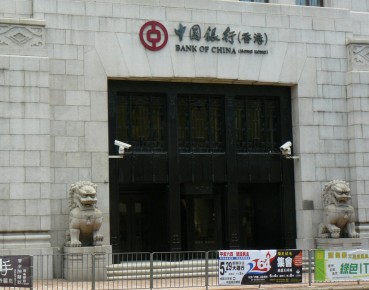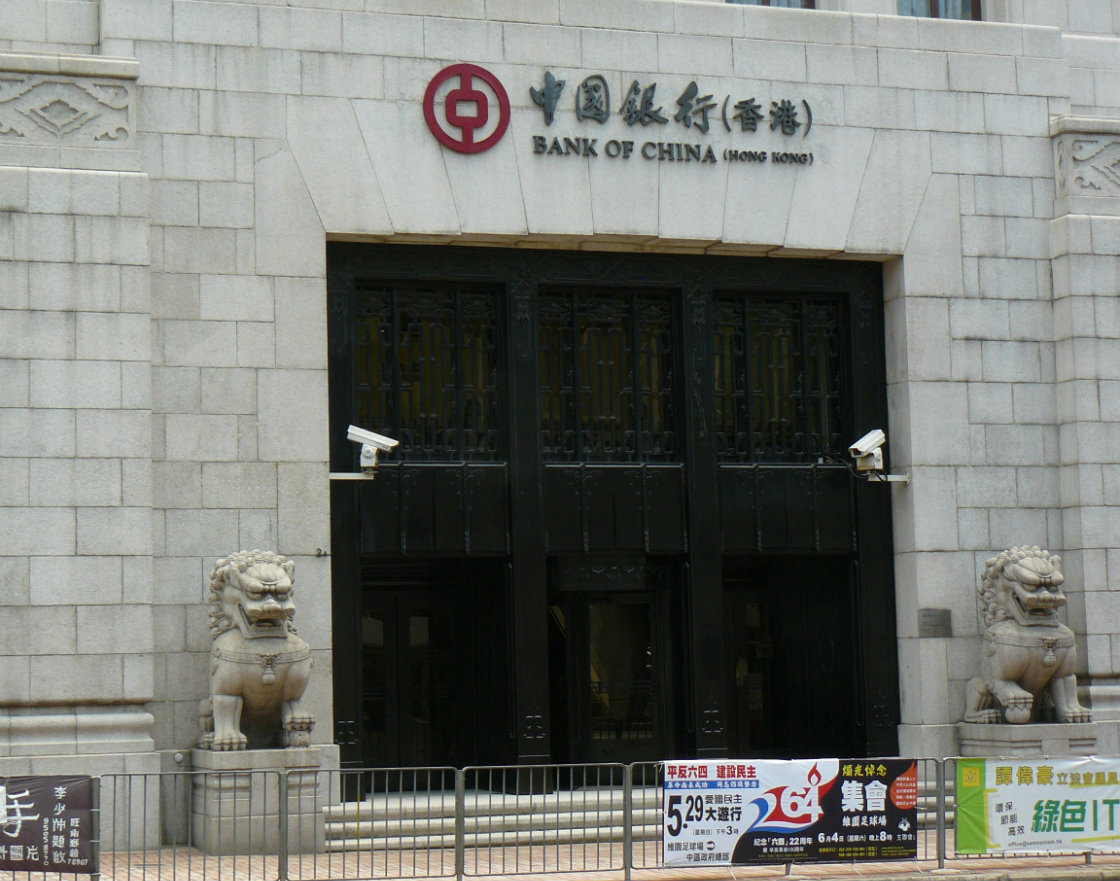Tydzień w gospodarce
Category: Raporty

The opening ceremony took place at the Romanian Parliament Palace in Bucharest. Among those who attended the ceremony were some of Romanian’s highest ranking politicians, such as the Senate Speaker Teodor Melescanu or the Secretary General of the Romanian Government Antonel Tanase, according to Xinhuanet.com. In his speech, Mr. Melescanu noted that Romania wants to play a significant role in regional connectivity projects between China and Europe. The country intends to work within the framework of existing cooperation platforms, such as the EU strategy on Connecting Europe and Asia or the EU-China Connectivity Platform, according to Xinhuanet.
The Bank of China entered the European market in 1979 when it opened a branch in Luxembourg. The first European office gradually became the bank’s European headquarters. A few years later, further expansion on the old continent continued with offices in France, the UK, Germany, or Italy.
After the Chinese bank established itself as an important player on financial markets across western Europe, it turned its attention to Central and Southeast Europe (CSE). So far, it has a presence in several countries in the region, including Hungary, Austria, the Czech Republic and Poland. Romania is the latest addition to the portfolio.
The Chinese lender first informed about its plans to open a branch in Romania at the beginning of 2018. It started actively recruiting personal in August 2018, according to Bucharest Herald. Only a few months later, the bank started participating in financial operations on the Romanian market. In one of its first lending transactions, Bank of China joined a syndicate of major European banks in extending a loan to real estate developer Globalworth. The revolving loan was arranged by JP Morgan Securities and banks participating in the transaction included Banca Transilvania, BRD Groupe Societe Generale, Deutsche Bank, JP Morgan Chase Bank, Intesa Sanpaolo and Raiffeisen Bank International, according to Emerging Europe.
Globalworth is a real estate company with a primary focus on Poland and Romania. “The company acquires, develops and manages commercial real estate assets, primarily in the office sector, with the objective of being the landlord of choice for the broad and growing variety of multinational corporations in the region,” the company says on its website.
The unsecured revolving credit facility (RCF) extended to the developer was EUR200m. Globalworth doesn’t disclose detailed information regarding the amount contributed by the Bank of China.
The Bank of China is particularly interested in supporting infrastructural projects carried out in participation with Chinese companies. One of the key projects in Romania is the Comarnic-Brasov highway which is supposed to connect the most popular mountain resorts in Romania, such as the Prahova Valley and Poiana Brasov. The highway is supposed to make the journey to those destinations from the capital of Bucharest quicker and easier.
Already in May 2019, Romanian authorities officially confirmed the negotiations that were taking place with a consortium of China Communications Construction Company, Ltd (China) and Makyol Sanayi Turizm (Turkey) for construction and operation of the highway under a public-private partnership agreement, according to Romania-Insider.
However, only two months later, Romania’s newly elected government informed that it was no longer in favor of constructing the Comarnic-Brasov highway through a public-private partnership with the Turkish-Chinese consortium. Instead, the authorities declared the project to be of a national importance, stating that it should be built with money from the state budget, according to local Profit.ro.
At an industry conference in December 2019, Romania’s new Prime Minister, Ludovic Orban called the project “vital” for the country’s infrastructure. Retracting from the government’s previous line, he further stated that the highway should be developed “either under a public private partnership project managed by a credible, independent bank, or on its own by the state with money from the public budget,” according to Romania-Insider.
On December 19, the same Romanian news website informed that Bank of China’s president of the board, Liu Liange, held talks with the Romanian government about the highway project. Although Mr. Liange denied that the Chinese bank entered on the Romanian market in order to help the Chinese construction company secure the deal, he stated that the bank’s primary goal in Romania is to finance similar projects in the country.
„We came to Romania because there is great potential and we want to capitalize on the traditionally good relations between Romania and China. We follow the infrastructure project in public-private partnership involving an infrastructure company from China. I was told that this project is being negotiated and we are pursuing it. They will benefit from all our support. We are ready to provide support through long-term maturity financing,” Mr. Liange was quoted by Romania-Insider.
However, the final decision regarding the future of the highway infrastructural project is yet to be announced by the Romanian government.
Filip Brokeš is an analyst and a journalist specializing in international relations.


